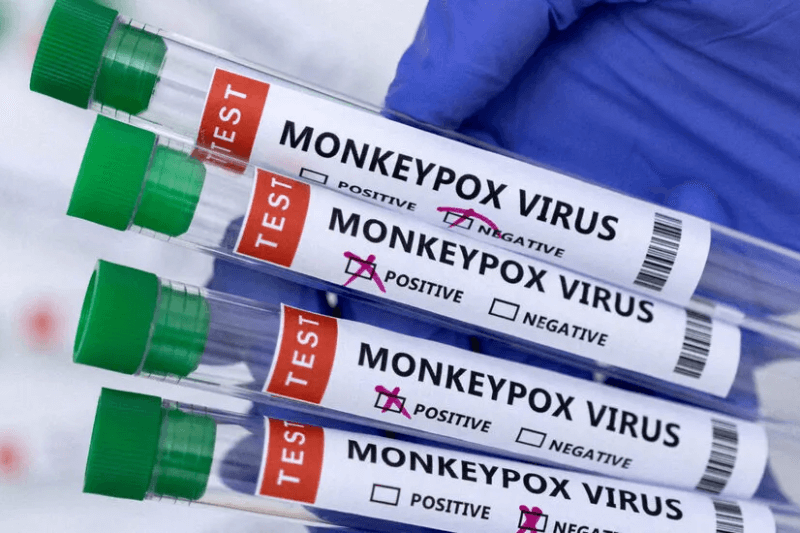Officially declaring the continuing mpox outbreak in the Democratic Republic of the Congo (DRC) and surrounding African nations a Public Health Emergency of International Concern (PHEIC), the World Health Organisation (WHO) The highest degree of global health alert, this statement emphasizes the severity of the epidemic—especially the concerning symptoms related to the virus.
Usually starting with fever, headache, muscles aches, and enlarged lymph nodes, mpox is a viral disease. Still, the most unusual and worrisome signs are the rashes and lesions that surface on the skin. Usually beginning on the face and hands, these lesions can also affect the chest and limbs among other areas of the body.
Beginning as flat areas that develop into raised bumps filled with either clear or yellowish fluid, the lesions move through multiple phases before finally crusting over. One can expect many weeks for this whole process. From the beginning of symptoms until the lesions have completely crusted over, the scabs have dropped off, and fresh skin has developed, a person infected with mpox is thought to be contagious.
Mostly by big respiratory droplets, direct contact with body fluids, skin lesions, or contaminated items like bedding or clothes, the virus is transmitted. This makes direct personal contact with an infected person especially during the stage when the lesions are open or weeping a major risk factor for disease dissemination.
With more than 1,200 deaths linked to the virus, the DRC has recorded over 22,000 probable MPX cases since January 2023. Because Clade Impox is spreading and known to cause more severe disease and a greater death rate than Clade II, the current outbreak is very devastating. Although this strain is unique to the Democratic Republic of the Congo, it has lately extended to neighboring nations including Burundi, the Central African Republic, Rwanda, Uganda.
Global health authorities have been alarmed by the fast spread of the epidemic and cross-border interaction, which resulted in the WHO deciding it to be a PHEIC. Emphasizing the need of a coordinated world response, this declaration is meant to inspire worldwide attention and resources to control the epidemic.
Keep Reading
Maria Van Kerkhove, WHO’s Director of Epidemic & Pandemic Preparedness & Prevention, underlined in reaction to the epidemic the need of knowing the patterns of the virus and spotting at-risk populations. She underlined the need of carefully using the limited vaccination supply to optimize impact and advised nations with extra vaccines to send them to areas in need.
“Understanding the dynamics of transmission and identifying populations at risk is crucial steps,” Van Kerkhove added. “This understanding will enable us to apply vaccinations in the most efficient manner available. We also ask nations with reserves of vaccines to step forward and assist us.

